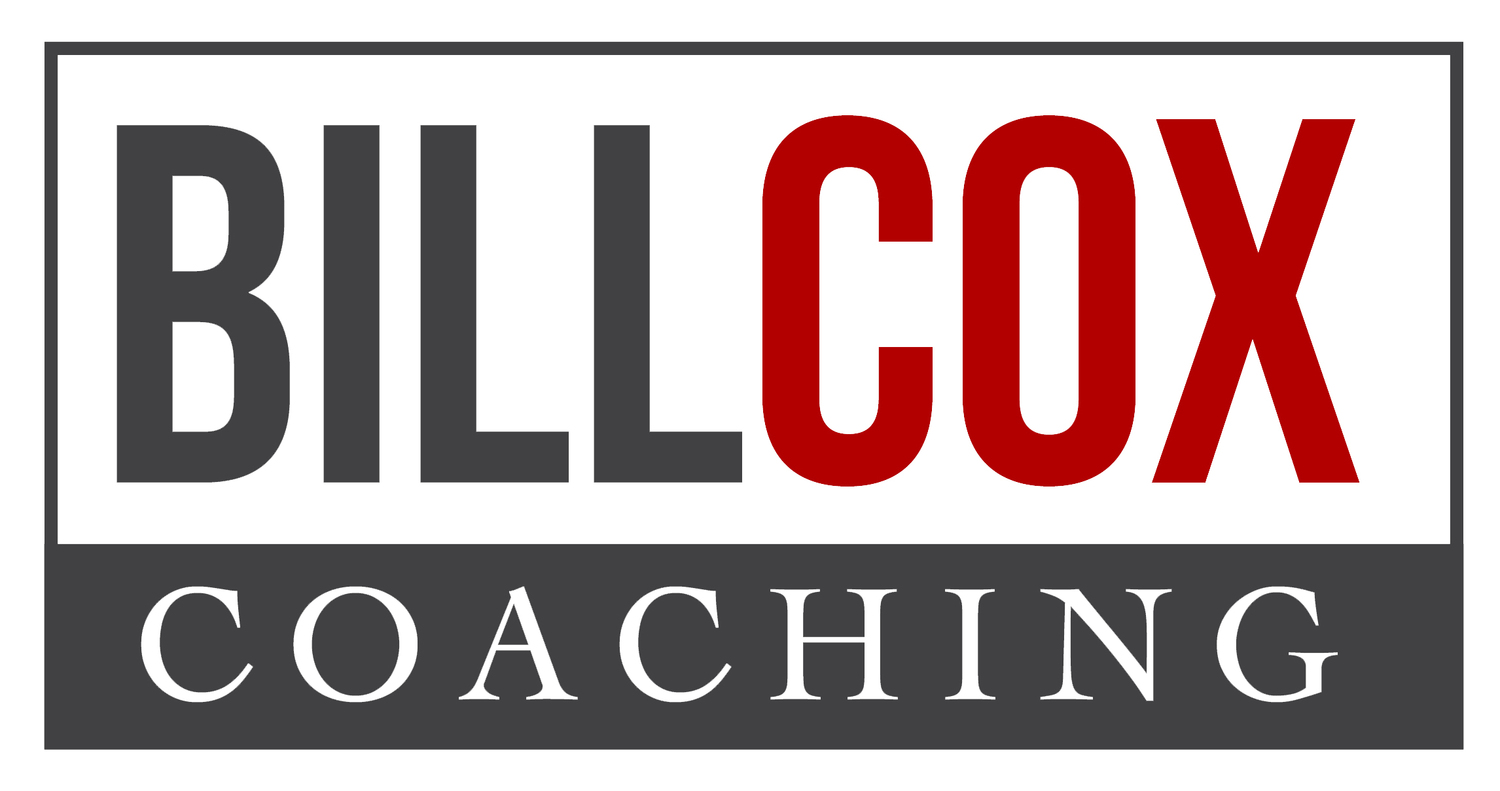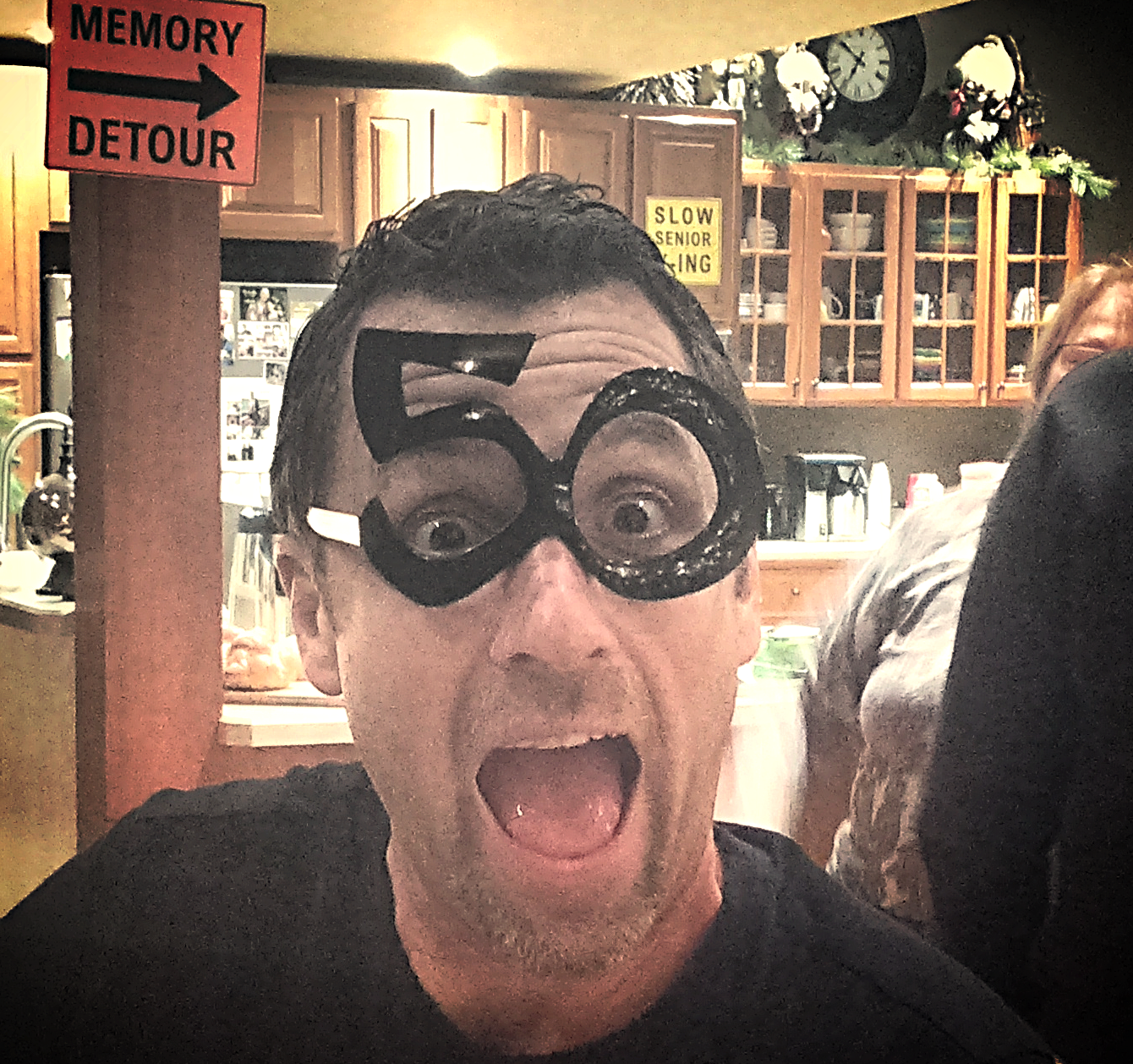Hello Friend,
In one of my recent newsletters, I asked my subscribers to tell me the number 1 change they seek in 2017. Their responses centered around three primaries areas of change:
- Some want to change and improve a vital relationship.
- Some want to change something personally (lose weight, develop better character, build your confidence and self-esteem).
- And MANY of my readers want to get better at managing your time so that you can live a balanced and healthy life.
Because the theme of time management represented most of the responses, I'm going to start there.
Many of people believe that getting better at managing their time would enable them to live a more peaceful and less chaotic life, have more time to devote to their most important relationships, get more done in a day, etc.
I can assure you that they are not alone.
The key to changing this or any other area of our lives, however comes down to changing repeated behaviors that we call habits. But here's the deal. Our behavioral habits flow out of something deeper...the beliefs we hold.
This is something that comes up over and over again in coaching. So much of what keeps us from realizing our dreams and living the lives we were meant to live, flows from a deeper, more fundamental inner game issue.
Sometimes our beliefs serve us well and sometimes not so much. When the beliefs we hold are holding us back, we call these self-limiting beliefs. And quite often we aren't even consciously aware of their negative impact. We don't realize that they are the cause of the effects we are experiencing.
Time is one of these areas that all of us have beliefs about and some of those beliefs generate results (the effects) that were not too excited about.
I'm going to expose what, in my experience, are the two biggest self-limiting beliefs regarding time. We'll call these myths.
Myth #1 - "I just need to manage my time better." There's only one problem with that. Time is not the issue. You don't manage time. Time is just the currency of our lives that we trade for the priorities we choose to invest in. What you need is clarity of what is most important and a plan to live by those priorities.
Myth #2 - "I don't have enough time." I wish I had a dollar for every time I've heard that phrase. This is an incredibly powerful self-limiting belief. What are the consequences of continually telling yourself that you don't have enough time? You will constantly feel under pressure and stressed out. You will be continually disappointed because of what didn't get accomplished. You will run the risk of falling into the trap of making excuses at work for not fulfilling key responsibilities or meeting critical deadlines.
Instead of living with a scarcity mindset regarding time (there's only so much to go around), replace it with an abundance mindset. Begin to tell yourself, "I have all the time in the world...to do what I need to do and to do what is most important." Imagine the clarity and freedom that change could create. Imagine what it would feel like to go throughout the day feeling peaceful, centered, and in the flow. You would do better work. Your work would be more fulfilling. You would become more productive.
And all because you fixed an inner-game issue.
I'll leave you with these questions for further reflection:
- What are the 6 most important priorities of your life? What are those key accounts?
- What do you need to do to give them the priority that they need?
- What activities consistently show up in your calendar that do not tie back to one of these 6 key accounts?
- What do you need to stop doing so that you can invest more time in one of these key accounts?
- When will you start doing that?
- What might be some additional beliefs that you hold that are not currently serving you well? What are some of the negative effects you are experiencing because of them?
- What empowering belief could you create to replace this current self-limiting belief with?
I hope this helps.
Bill

![L2_Event-7[1].jpg](https://images.squarespace-cdn.com/content/v1/53b08d1ce4b0384cc89f2b45/1442198557956-OUBKGAZ3ACS6XNQ58S1D/L2_Event-7%5B1%5D.jpg)
